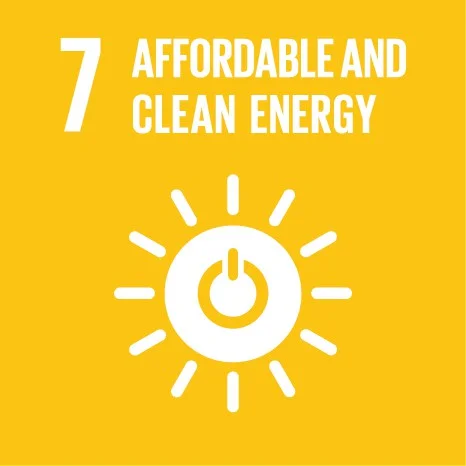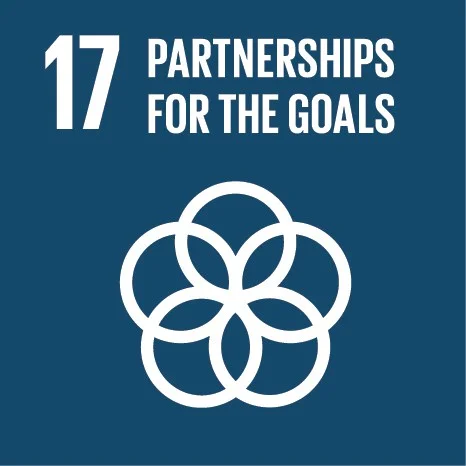7.2) By 2030, increase substantially the share of renewable energy in the global energy mix
At Mars, we recognize the importance of tracking and reducing our GHG emissions to help drive momentum for global climate action. Our long-term climate change ambitions are to reduce total GHG emissions from our full value chain by 27% by 2025 and by 67% by 2050, from 2015 levels.
Within our full value chain, energy use is the major driver of our GHG emissions from direct operations. That’s why we’re committing to eliminate 100% of the GHG emissions in our direct operations by 2040, and are making progress by implementing renewables at scale.
Our efforts range from on-site renewable generation options like adding solar panels to our pet food factory in San Bernardino, California and establishing annual contracts in Europe, to signing long-term, country-level contracts that create renewable infrastructure in places like the United States and the United Kingdom. Mars is already using or purchasing renewable electricity to cover 58% of our total footprint, including 100% of our operations in Austria, Belgium, the Czech Republic, France, Lithuania, Mexico, Poland, Spain, the United Kingdom and the United States. Beyond these 10 countries, we have signed a new 20- year power purchase agreement with Total EREN to purchase 100% of our electricity in Australia from solar power starting in 2020. Our commitment to advancing renewables is part of Mars’ Sustainable in a Generation Plan, a $1billion investment to accelerate sustainable growth in alignment with the UN SDGs.
17.16) Enhance the global partnership for sustainable development complemented by multi-stakeholder partnerships that mobilize and share knowledge, expertise, technology and financial resources, to support the achievement of the sustainable development goals in all countries, in particular developing countries
At Mars, we believe everyone working within our extended supply chains should earn sufficient income to maintain a decent standard of living. One way we’re making progress is through the Farmer Income Lab, an open-source “think-do-tank” that will enable Mars and others to leverage our unique human, social and financial resources to identify and activate solutions needed to eradicate smallholder poverty in global supply chains.
The Lab invests in research and brings together diverse stakeholders to ask questions, create solutions and inspire results-oriented action. It is guided by an advisory panel of experts from academia, nonprofit and intergovernmental organizations – with Oxfam, the University of Wageningen Center for Development Innovation and Dalberg Advisors as core partners.
This year, the Lab’s focus is on identifying effective actions that buyers can take to enable smallholder farmers in global supply chains to meaningfully increase income. This will culminate in a ‘What Works’ publication, providing an overview of promising models, sourced from academic literature and stakeholder dialogues, that increase incomes and demonstrate what factors are most successful.
Our commitment to increasing incomes is part of Mars’ Sustainable in a Generation Plan, a $1billion investment to accelerate sustainable growth in alignment with the UN SDGs.







